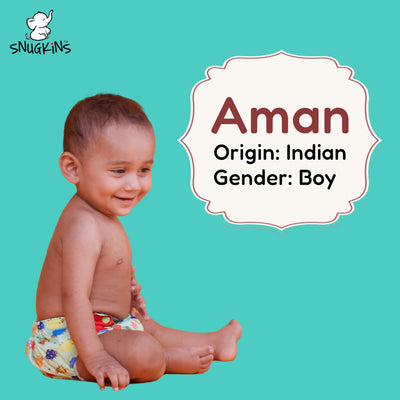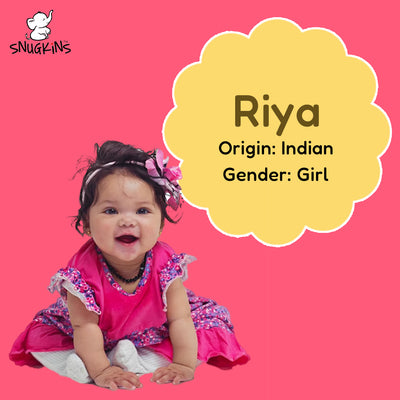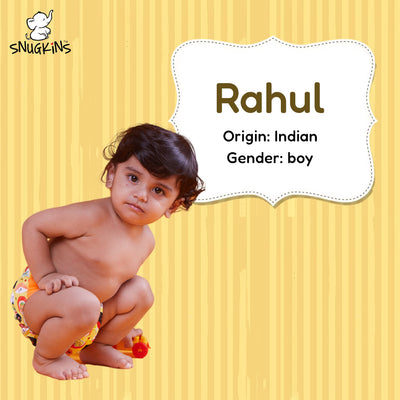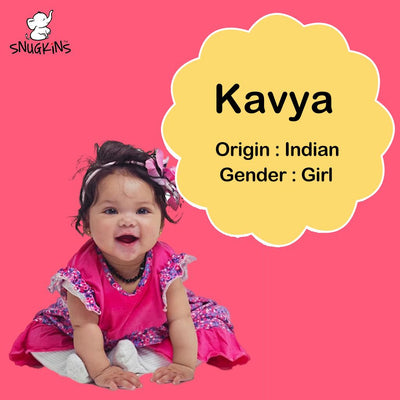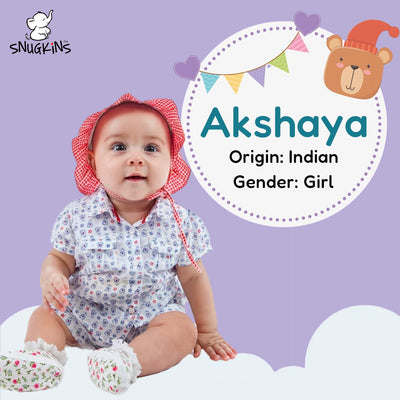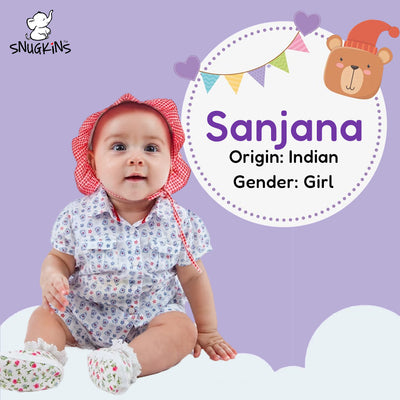Meaning of Bharath Name

Meaning of Bharath
South India is the primary location of the masculine given name Bharath, which is of Indian descent. The Sanskrit term bharata, which has multiple meanings and connotations in Hindu mythology and ancient scriptures, is the source of the name Bharath. To be preserved or treasured is among its most common meanings. Bharath can represent the one who is carrying a heavy load or the one who is supporting in certain settings.
|
Gender |
Boy |
|
Origin |
Indian |
|
Name Numerology |
4 |
|
Religion |
Hindu |
|
Horoscope (rashi) |
Dhanu |
|
Personality Number |
11 |
Origin of Bharath Name
The mythology and culture of ancient India are the source of the term Bharath. It is intimately linked to the mythical character Bharata, who makes appearances in the Ramayana and the Mahabharata among other Hindu texts. Hindu mythology states that Lord Rama, the seventh incarnation of the divinity Vishnu, was the younger brother of Bharata. Because he oversaw the kingdom of Ayodhya on behalf of his older brother during Rama's banishment, Bharata was a prominent figure in the Ramayana.
Popularity of Bharath Name
Indian parents still give their children the name Bharath today, particularly in areas where Sanskrit-based names are more favored. Bharath is still a prevalent name in India, though not as much as in other states like Karnataka, Tamil Nadu, and Andhra Pradesh. Due to its affinity with Indian ancestry and cultural identity, it is also well-liked by Indian groups residing outside.
Personality Traits
People with the name Bharath are frequently distinguished by their strong sense of loyalty, duty, and responsibility. They are trustworthy friends, family members, and coworkers since they are generally supportive and dependable. Like the historical character after whom they are called, Bharaths are renowned for their tenacity and tenacity in facing difficulties. When necessary, they could have a natural tendency to assume command of situations and exhibit leadership traits. Furthermore, Bharath values their roots and identity and frequently shows a strong attachment to their cultural heritage and customs.








